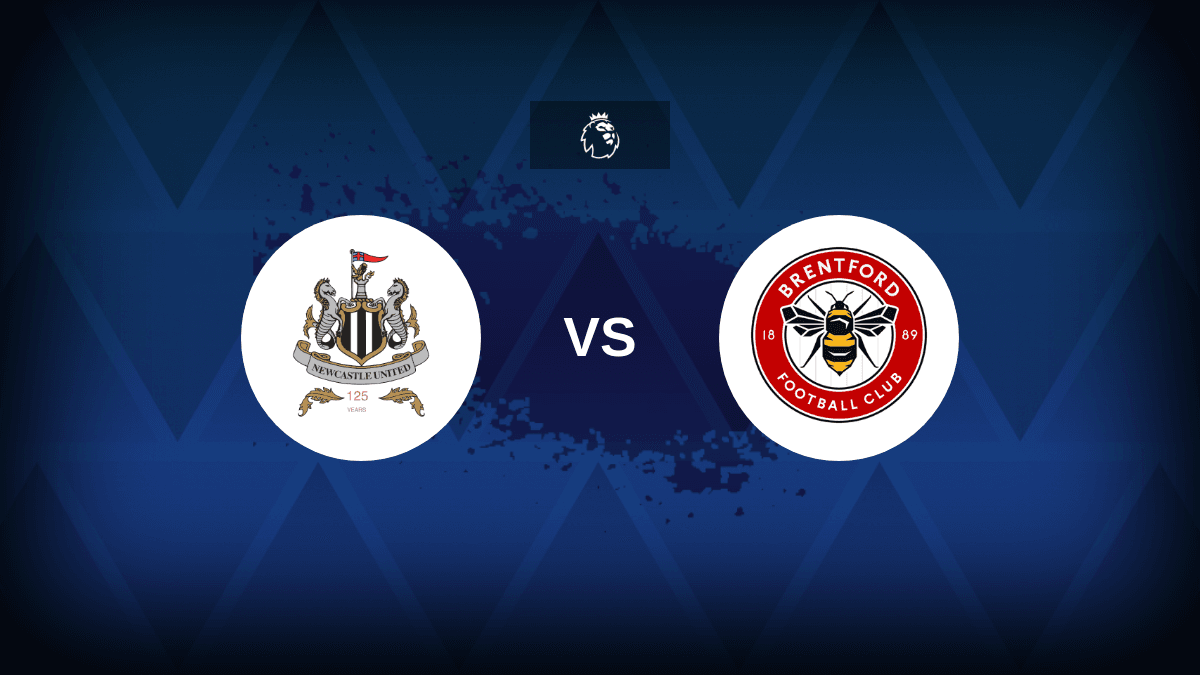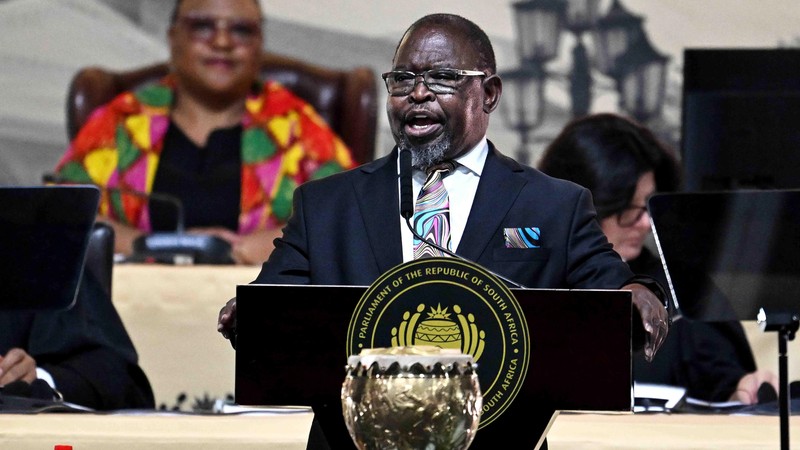When his four-year contract ended, he wanted to be traded. Apart from the battering he had received, he had long been angry with George Halas, the Bears’ owner and coach. Lujack later recalled that when he examined his contract on joining the Bears, he found that Halas had altered the salary figures agreed upon, reducing the total by $1,500. (Halas, he said, had quickly restored that amount when he pointed out the discrepancy.)
“I don’t mind anybody being a hard negotiator,” Lujack told Jeff Davis in an interview for his Halas biography, “Papa Bear” (2005). “I just don’t want to be cheated because of my inexperience.”
When Leahy offered Lujack a job as an assistant coach at Notre Dame for 1952, he took it, ending his pro career. But when Terry Brennan, formerly an outstanding Notre Dame halfback, was named head coach in 1954 upon Leahy’s retirement, Lujack left to run a family auto dealership in Iowa. He was later a network broadcast analyst for college and pro football.
In addition to Mr. Pohlmann, his grandson, he is survived by his daughter Mary Lujack; a son, Jeff; four other grandchildren; and eight great-grandchildren. His daughter Carol Lujack died in 2002, and his wife, Patricia (Schierbrock) Lujack, died last year. He had most recently lived in Naples and previously lived between Bettendorf, Iowa, and Palm Desert, Calif.
Through the years, Lujack remained a revered figure at Notre Dame.
When Notre Dame and Army met for the first football game at the new Yankee Stadium in 2010, he was on the field for the coin toss with the team captains. In autumn 2012, he was a good-will ambassador for Notre Dame when it played Navy in Dublin.
The memory of his feats endured.
“The two greatest winners of the 1940s were F.D.R. and John Lujack,” Beano Cook, ESPN’s longtime college football analyst, once said. “But even Roosevelt won only two elections in the 1940s, while Lujack won three national titles.”
Alex Traub contributed reporting.
















